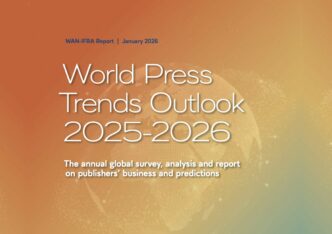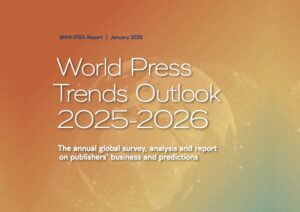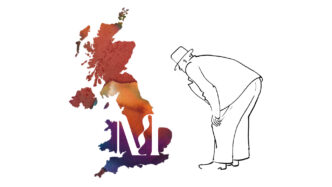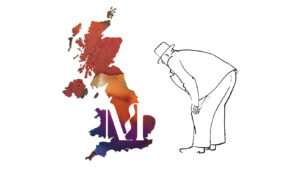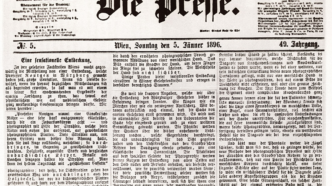
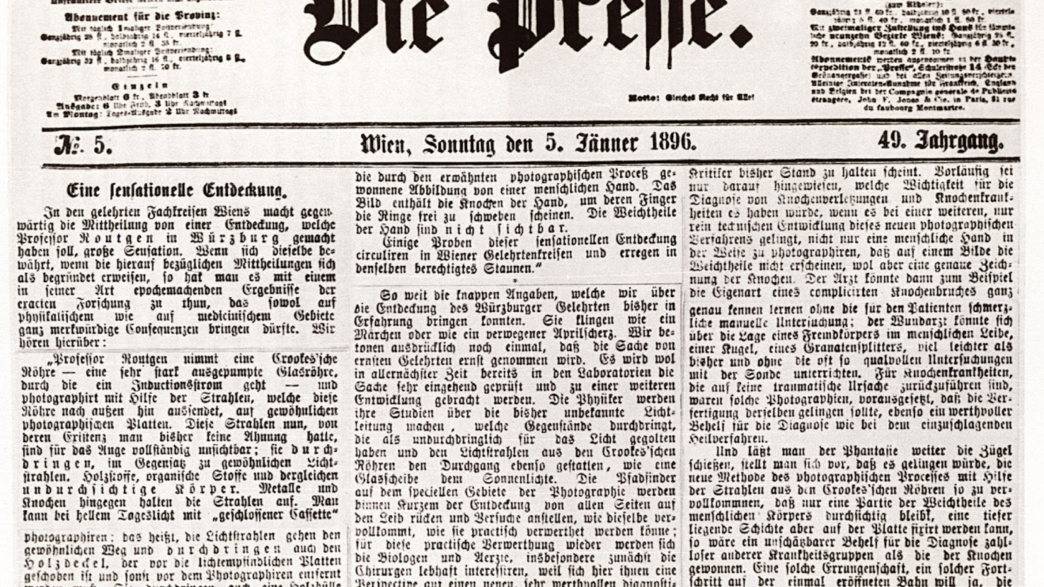
Since I was already visiting Vienna for WAN-IFRA's Digital Media Europe event, I took the opportunity to meet up with the Die Presse team for a coffee (and a spritzer or two). One of the key topics of conversation was AI, given that Lukas Görög fills the role of Data Strategist for the Austrian newspaper. I wrote some notes with the idea of publishing an article on the topic, shared them with Lukas and, in true "data strategist" style, he sent it back saying "I asked AI write to it for you"... So here you have it, an AI curated article based on my coffee (/spritzer) in Vienna with Die Presse!
Artificial Intelligence (AI) has been making its way into various industries, and journalism is no exception. Die Presse, a traditional newspaper founded in 1848, is experimenting with AI to optimize its operations and stay ahead in the digital world. Lukas, a data strategist at Die Presse, discusses their approach to AI and the potential applications in journalism.
AI Applications and Challenges
Die Presse has a dedicated team of four individuals who work with data and AI, including Lukas. Their goal is to save resources and improve the efficiency of their operations. They have been experimenting with AI applications for a couple of years, such as using AI for fake news prevention, increasing engagement on social media, and optimizing images to generate more page views.
However, the use of AI in journalism comes with its own set of challenges. Lukas believes that AI may not be valuable for writing articles, especially in areas like politics, economics, and opinion pieces that require a human touch. He also points out the potential danger in using AI for these areas, as every newspaper has its own angle.
On the other hand, AI can be a helpful tool for post-processing tasks such as generating images, titles, and captions optimized for SEO or social media. It can also aid in creating better posts for platforms like Instagram, Twitter, and Facebook while reducing errors such as typos.
Sign up to The Audiencers' newsletter. Winning strategies, expert points of view and inspirations from publishers around the world to help you do your job better. Sent every two weeks.
AI for Reader Revenue
Die Presse employs machine learning to calculate probability scores based on various metrics, including page views and consumption volume. The most important metric is the RFV (Recency, Frequency, Value) score. They continuously develop, test, and learn from these models to predict the probability of a user subscribing or churning.
Based on these insights, Die Presse tailors its offers to retain subscribers or win back those who have churned. For example, if a user has a high probability to churn and is price-sensitive, they might be presented with a lower-priced offer.
The Future of AI in Digital Publishing
Lukas envisions AI becoming an integral part of digital publishing, just like computers are today. He predicts that AI interfaces will become increasingly intuitive and accessible, allowing people to see the added value immediately. AI adoption will be more seamless, with users benefiting from improvements without even realizing it.
Preparing for AI-driven Change
To stay ahead of the curve in the rapidly evolving AI landscape, Lukas suggests that companies should focus on training their teams on basic AI tools. As these tools evolve and become more sophisticated, employees who have learned to use the early versions will be better equipped to adapt to future developments.
Die Presse’s journey with AI highlights the potential benefits and challenges associated with adopting this technology in journalism. By experimenting with AI applications and preparing their teams for the future, they aim to stay ahead in the digital publishing world and continue delivering quality journalism to their readers.
The Audiencers’ newsletter: from professionals to professionals
Sign up to our newsletter – real-life examples, expert points of view and inspirations from publishers around the world to help you do your job better. Sent every two weeks.



